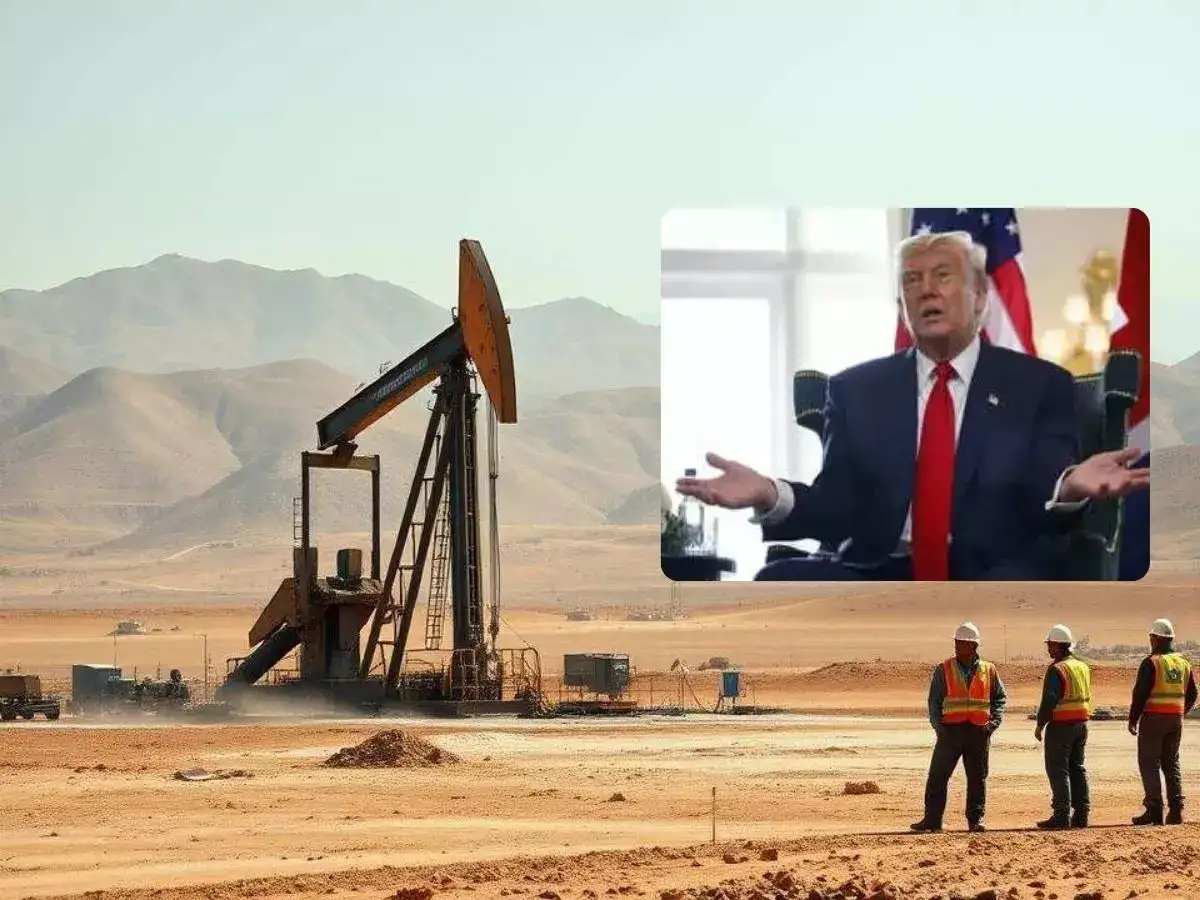US to Export Crude Oil to Pakistan Following Donald Trump’s Major Oil Reserves

Pakistan is poised to receive its first shipment of crude oil from the United States later this year, marking a significant milestone in its energy sector. Cnergyico, the country’s largest refinery, has secured a deal with Vitol to import one million barrels of American oil. This agreement follows a series of discussions initiated after U.S. President Donald Trump announced tariffs on Pakistani imports, and it aims to diversify Pakistan’s oil procurement sources while reducing reliance on Middle Eastern suppliers.
Details of the Import Agreement
Cnergyico’s vice chairman, Usama Qureshi, confirmed the deal with Vitol, stating that the shipment will consist of West Texas Intermediate light crude oil. The cargo is scheduled to depart from Houston this month, with an anticipated arrival at Karachi port in the latter half of October. This import marks a pivotal moment for Pakistan, which has historically depended on Middle Eastern oil to meet its energy needs. The deal is expected to enhance the country’s crude oil procurement capabilities and potentially lead to further imports if this initial shipment proves commercially viable. Qureshi noted that if the arrangement works well, Cnergyico could import at least one cargo per month.
Pakistan’s oil imports are a critical aspect of its economy, with oil being the largest import commodity. For the fiscal year ending June 30, 2025, oil imports are projected to reach $11.3 billion, accounting for about one-fifth of the nation’s total imports. The new agreement with Vitol is seen as a strategic move to expand the country’s sources of crude oil, thereby increasing energy security and stabilizing prices.
Impact on Domestic Refineries
Cnergyico operates a refinery capable of processing 156,000 barrels of crude oil daily and is equipped with Pakistan’s only single-point mooring terminal near Karachi. This facility allows it to accommodate large tankers, setting it apart from other refineries in the country. Qureshi mentioned plans for a second offshore terminal to facilitate larger or more frequent deliveries, alongside upgrades to the refinery over the next five to six years. Currently, the refinery operates at 30-35% capacity due to subdued local demand. However, there is optimism for growth in petroleum product consumption as domestic demand strengthens.
The import agreement is expected to bolster local production and prioritize it over imported fuels. Qureshi expressed confidence that as the domestic market recovers, the refinery’s run rates will increase, allowing it to better serve the energy needs of Pakistan.
Tariff Adjustments and Trade Relations
In a related development, Pakistan recently welcomed a trade agreement with the United States, its primary export destination. Under this agreement, announced by President Trump, Pakistan will benefit from a reduced tariff rate of 19%, effective August 7, 2025. This reduction comes after Trump had previously imposed a 29% tariff on Pakistani imports, prompting the Pakistani government to seek alternative sources for crude oil.
The evolving trade relationship between the U.S. and Pakistan reflects a shift in dynamics, with Pakistan, a significant ally of China, adopting a more favorable stance towards U.S. policies. Trump has indicated that the U.S. will assist Pakistan in developing its “massive oil reserves,” although specific details on this collaboration remain sparse. The reduction in tariffs and the new oil import deal signify a potential thaw in relations and a strategic pivot for Pakistan’s energy landscape.
Observer Voice is the one stop site for National, International news, Sports, Editor’s Choice, Art/culture contents, Quotes and much more. We also cover historical contents. Historical contents includes World History, Indian History, and what happened today. The website also covers Entertainment across the India and World.

